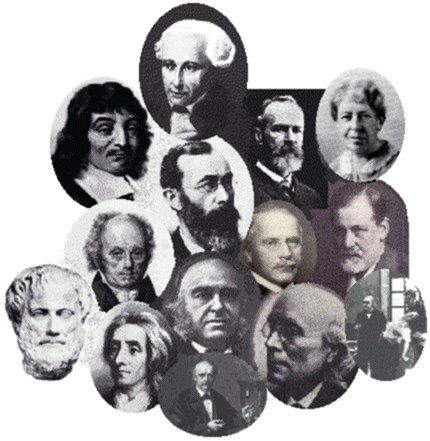
As an experiment I've created a
Twitter account to accompany this blog. Instead of posting brief links every few days under the "Psych in the news" heading I'm sending those 1-2 times per day via Twitter. To read these updates, you can either read them as the pop up in the left side column of this blog or if you are on Twitter you can subscribe to these updates directly by
following me.
A quick intro to Twitter: Twitter is a medium for sending messages that are 140 characters long or less. Because URLs tend to be quite long, if you include one in your message, they are shortened by using a common URL-shortening site (
bit.ly,
is.gd, et al.). You can either keep your "tweets" (as the messages are known) public as I'm doing or you can keep them private so that a person has to have a password to access them. If a tweet has the two letters
RT at the beginning followed by an
@ symbol, that means this tweet has been forwarded (or
ReTweeted) from the person who orginally wrote it (and whose name follows the @). And finally, Twitter isn't just twitter.com -- there are many other sites and browser add-ons for people to send and receive messages (TweetDeck, Twitterfeed, EasyTweets, TwitterFox, et al.).
I have found Twitter to be a great site when a current event breaks so you can get real-time updates from all over the world. The election protests in Iran is the best recent example I can think of. And yes, there is also tons to chaff to sort through at times.
What are the bests sites to follow if you're interested in what people are saying about psychology? One way is to go to twitter.com and type in
psychology and see what comes up. You may or may not find anything helpful here. You can also trying searching for what's called a hashtag --
#psychology -- where people will deliberately add this tag to their tweet to let you know that it's specifically about psychology, not just mentioning it in passing (like some kid posting his AP Psychology scores). And finally, you can go to psychology-specific Twittering types -- MindHacks compiled a
good list a while back.
Whether you are into Twitter or not, this isn't something that's going away anytime soon. It's used widely all around the globe, especially by the younger generations, and as a teacher your students will come in to your classroom knowing about this and perhaps using Twitter themselves. So try it out! Go to
twitter.com, look around, and maybe create an your own account. If you do, be sure to
follow highschoolpsych so you can keep up with the latest psych-related news! And if you've tried it, leave a comment below about what you think of Twitter. Are there good applications for the classroom?


























